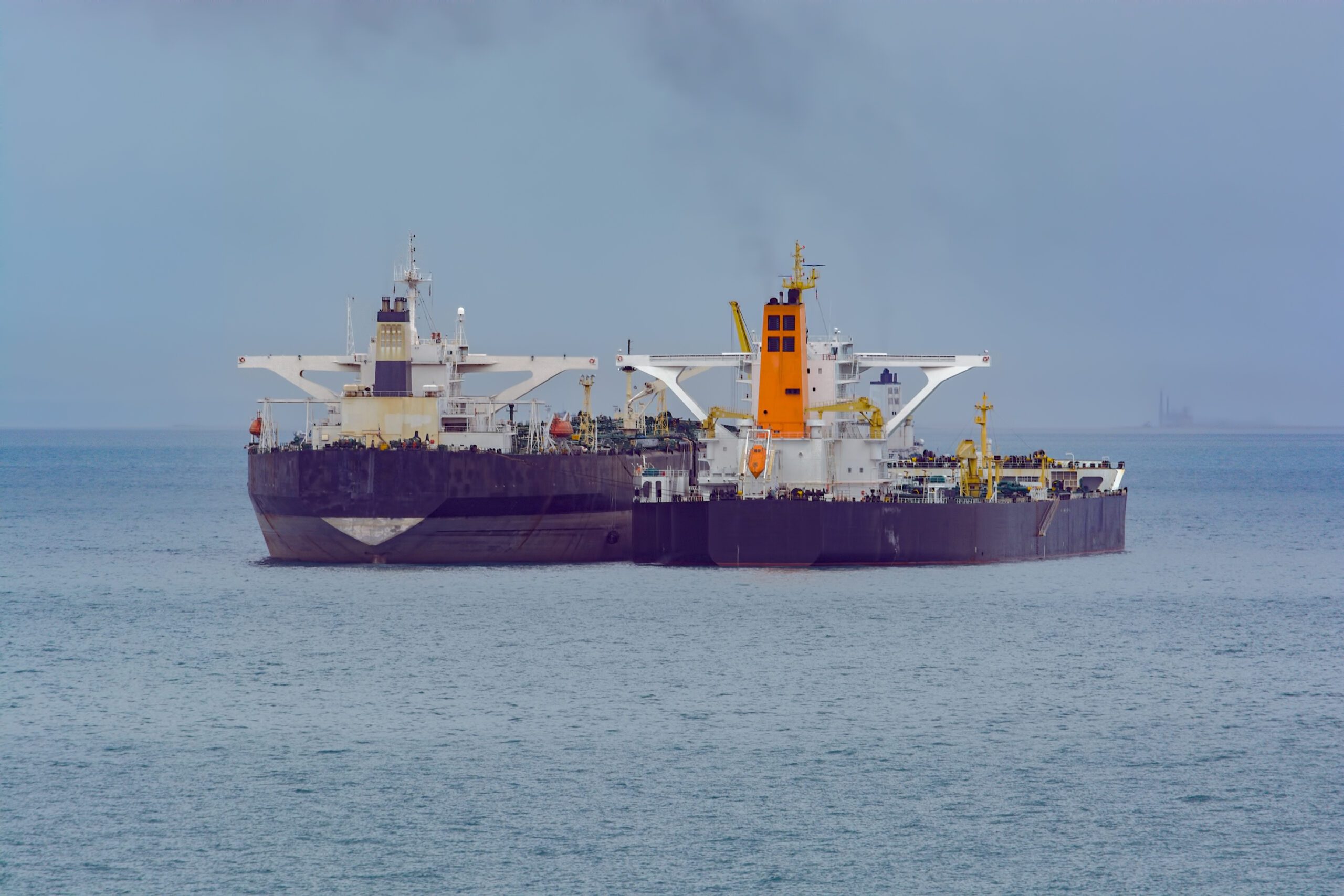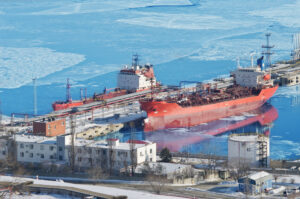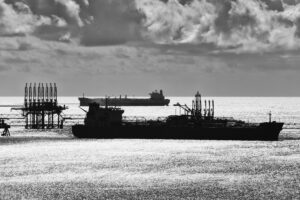Written evidence submitted by International Group of P&I Clubs to the UK parliament committee has warned that “the trade and financial services restrictions and prohibitions on the maritime transport of Russian oil and oil products has resulted in several unforeseen and unintended consequences.”
The Russian oil price cap (OPC) regime allows traders, shipowners, charterers, financial services providers, e.g., insurers, to engage in the sale, purchase and carriage of Russian oil and oil products by sea, provided the sale price of Russian oil or oil products are sold at or below the price stipulated by the G7 and its coalition of States.
The 12-strong group, which provides insurance to shipowners of approximately 87% of the worlds ocean-going tonnage, told British parliamentarians that “evidence of the sale price of such products is dependent on a process of attestations that must be provided initially by the oil products trader.”
“These attestations may or may not provide accurate price information thereby exposing shipowners and insurers to allegations that they have breached the rules governing the OPC and expose them to a risk of a sanction. There is some uncertainty as to what steps, in practical terms, a party is expected to complete to ascertain whether an attestation can be relied upon,” the International Group argued.
The group added that “there has been an overreliance on the attestation process. The attestation is a flawed regime which potentially exposes both the P&I Club and a shipowner, operator, charterer to a breach of the OPC.”
Meanwhile, it is revealed in the written evidence provided by the group that around 800 tankers have already left the International Group Clubs as a direct result of the introduction of the OPC. “This will in effect limit the enforcement and effectiveness of the OPC,” highlights the group.
The International Group is also concerned that increasing responsibility and obligations on companies in the G7 coalition will result in a further migration of trade activities and ancillary services outside of the G7.
It is too early to assess the effectiveness of these recent changes, says the group.
As it is furthermore revealed by the International Group of P&I Clubs, which comprises twelve marine third party liability (protection and indemnity) insurers, “given that there is a reliance on the same third parties for this ancillary information too, the International Group is concerned about potential exposure to a breach of the OPC as P&I Clubs or their members are not in a position to assess the validity of the information provided.”
“The so-called Tier 1 attestation is merely a self-declaration signed by traders that the sale price of oil or oil products comply with the price cap. Our concern has always been that the G7 coalition partners have failed to direct sufficient attention on Tier 1 traders. The International Group has called for greater scrutiny of traders and notes the recent changes to the attestation relating to the requirement of itemised price information and for ancillary costs to be recorded and itemised,” added the International Group.
Source: UK parliament committee



